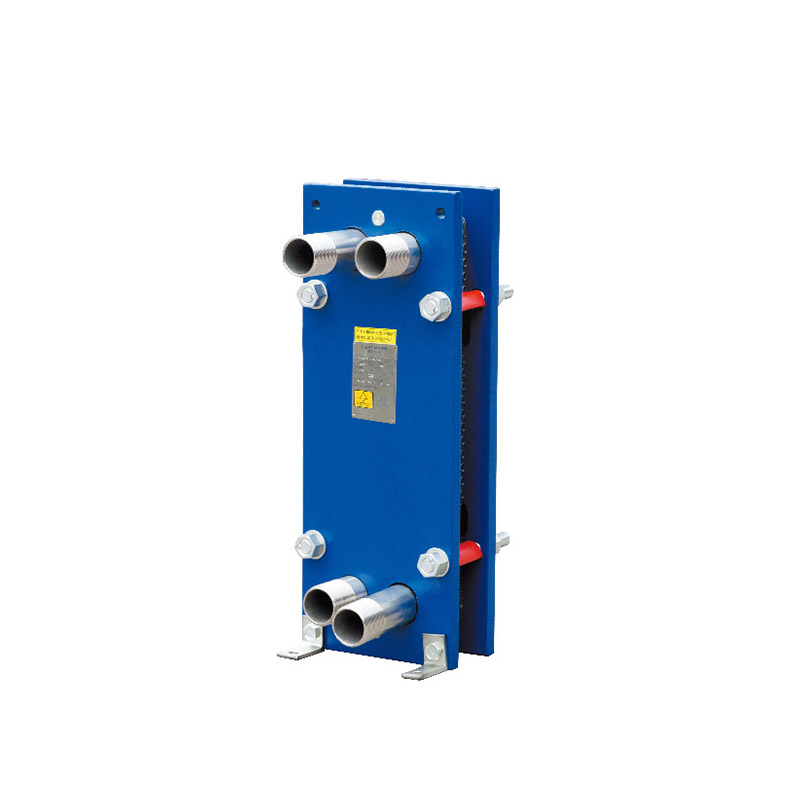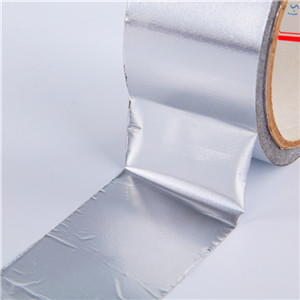In the realm of automotive engineering, fuel injection systems play a pivotal role in optimizing engine performance, efficiency, and emissions. Among the various types of fuel injectors, mechanical and electronic fuel injectors stand out as two primary technologies, each with its unique characteristics, advantages, and applications. Understanding the differences between these two types of fuel injectors is essential for automotive professionals, enthusiasts, and anyone interested in the mechanics of modern vehicles. This article delves into the intricacies of mechanical and electronic fuel injectors, exploring their operational principles, advantages, disadvantages, and applications.
Understanding Fuel Injection Systems
Fuel injection systems are responsible for delivering the precise amount of fuel into the combustion chamber of an engine. This process is critical for achieving optimal combustion, which in turn affects power output, fuel efficiency, and emissions. The choice between mechanical and electronic fuel injectors can significantly influence these parameters.
Mechanical Fuel Injectors: The Traditional Approach
Operational Principles
Mechanical fuel injectors, often referred to as carbureted systems, have been a staple in automotive design for decades. These injectors operate based on mechanical principles, utilizing a spring-loaded mechanism to control fuel flow. When the engine is running, the injector opens and closes in response to the engine's vacuum pressure, allowing fuel to be atomized and mixed with air before entering the combustion chamber.
Advantages of Mechanical Fuel Injectors
- Simplicity and Reliability: Mechanical fuel injectors are relatively simple in design, which often translates to higher reliability and lower maintenance costs. Fewer electronic components mean fewer potential points of failure.
- Cost-Effectiveness: Due to their simpler construction, mechanical fuel injectors are generally less expensive to manufacture and replace, making them a cost-effective option for older vehicles and budget-conscious consumers.
- Ease of Repair: Mechanics familiar with traditional systems can easily diagnose and repair mechanical fuel injectors, as they do not require specialized diagnostic tools.
Disadvantages of Mechanical Fuel Injectors
- Limited Precision: Mechanical injectors lack the precision of electronic systems, which can lead to less efficient fuel delivery and potentially higher emissions.
- Performance Limitations: As engine technology advances, the performance capabilities of mechanical injectors may not meet the demands of high-performance engines, leading to a decline in efficiency and power output.
Electronic Fuel Injectors: The Modern Solution
Operational Principles
Electronic fuel injectors (EFI) represent a significant advancement in fuel delivery technology. These injectors utilize electronic control units (ECUs) to precisely manage fuel injection timing and quantity based on real-time data from various engine sensors. This allows for optimal fuel-air mixture and combustion efficiency.
Advantages of Electronic Fuel Injectors
- Precision and Efficiency: EFI systems can adjust fuel delivery in real-time, optimizing performance across a wide range of operating conditions. This precision leads to improved fuel efficiency and reduced emissions.
- Enhanced Performance: Electronic fuel injectors are capable of supporting high-performance engines, providing the necessary fuel flow and atomization for maximum power output.
- Adaptability: EFI systems can adapt to changes in engine load, temperature, and altitude, ensuring consistent performance regardless of external conditions.
Disadvantages of Electronic Fuel Injectors
- Complexity: The complexity of electronic fuel injectors means that they require specialized diagnostic tools and knowledge for maintenance and repair, potentially increasing service costs.
- Higher Initial Costs: The advanced technology and components involved in EFI systems can lead to higher initial costs for both manufacturers and consumers.
Key Differences Between Mechanical and Electronic Fuel Injectors
- Control Mechanism: Mechanical injectors rely on vacuum pressure and mechanical components, while electronic injectors use electronic signals and sensors for precise control.
- Performance and Efficiency: Electronic fuel injectors offer superior performance and efficiency due to their ability to adapt to changing conditions, whereas mechanical injectors may struggle to maintain optimal performance in modern engines.
- Maintenance and Repair: Mechanical injectors are generally easier and less expensive to repair, while electronic injectors may require specialized knowledge and tools.
- Cost: Mechanical fuel injectors are typically more affordable, making them suitable for older vehicles, while electronic injectors, despite their higher cost, provide long-term savings through improved fuel efficiency and reduced emissions.
Conclusion
In summary, the choice between mechanical and electronic fuel injectors ultimately depends on the specific needs of the vehicle and its intended use. While mechanical fuel injectors offer simplicity and reliability, electronic fuel injectors provide enhanced performance, efficiency, and adaptability. As automotive technology continues to evolve, understanding these differences will empower consumers and professionals alike to make informed decisions about fuel injection systems, ensuring optimal engine performance and environmental compliance. Whether you are restoring a classic car or investing in a modern vehicle, knowing the distinctions between these two types of fuel injectors is crucial for achieving the best possible results.



